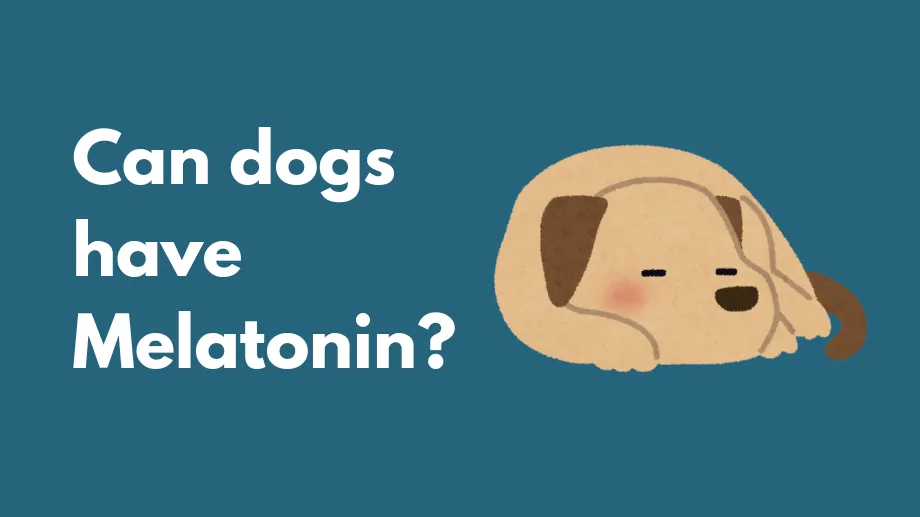Can dogs have Melatonin?

Melatonin is a hormone produced by the pineal gland that helps regulate sleep, mood, and other bodily functions. Though research in pets is limited, melatonin supplements are often used under veterinary guidance to address sleep issues, anxiety, hormonal hair loss, and certain behavior problems in dogs.
Common uses in dogs
- Sleep disturbances (insomnia, disrupted circadian rhythms)
- Seasonal flank alopecia (hair loss)
- Noise phobias (thunderstorms, fireworks)
- Separation anxiety or general stress
- Canine cognitive dysfunction (“doggy dementia”)
- Cushing’s disease–related symptoms
- Some immune or seizure disorders (adjunctive therapy)
Possible side effects
- Drowsiness or irregular sleep patterns
- Dizziness
- Upset stomach
- Increased heart rate or cramping
- Itching or confusion
- Potential fertility or insulin‑resistance issues
Drug interactions and precautions
Discuss all existing medications with your veterinarian. Melatonin can:
- Enhance effects of benzodiazepines (used for seizures, anxiety)
- Interact with muscle relaxants like succinylcholine
- Increase bleeding risk if combined with anticoagulants
Avoid products containing xylitol, which is toxic to dogs.
Dosage guidelines
Dosage varies by weight, condition, and product form. Common forms include tablets, capsules, powders, liquids, and chews. Always follow your vet’s recommendation for the exact dose and formulation.
Administration tips
- Give melatonin about 30 minutes before desired sleep time
- If a dose is missed, administer when remembered unless it’s near the next scheduled dose—do not double up
- Puppy use is not well studied; consult your veterinarian before giving melatonin to young dogs
Sources
- Budde JA et al. Melatonin. Plumb’s Veterinary Drug Handbook, 10th Ed.
- FDA: Paws off! Xylitol is toxic to dogs.
- ASPCA. Rest easy: pet safety and sleep aids.
- Landsberg GM. Principles of pharmacologic and natural treatment for behavioral problems. Merck Veterinary Manual.
- PetMD. Can You Give a Dog Melatonin?



